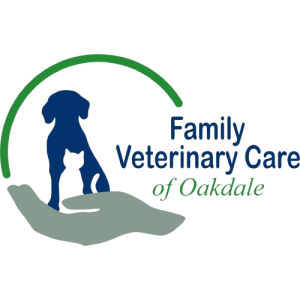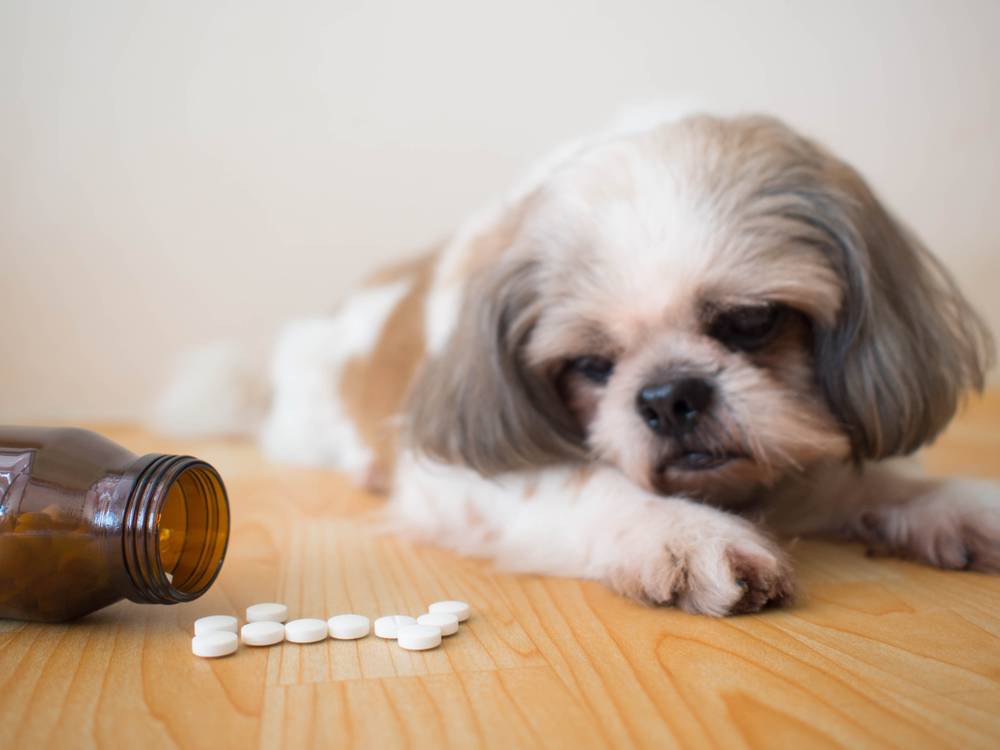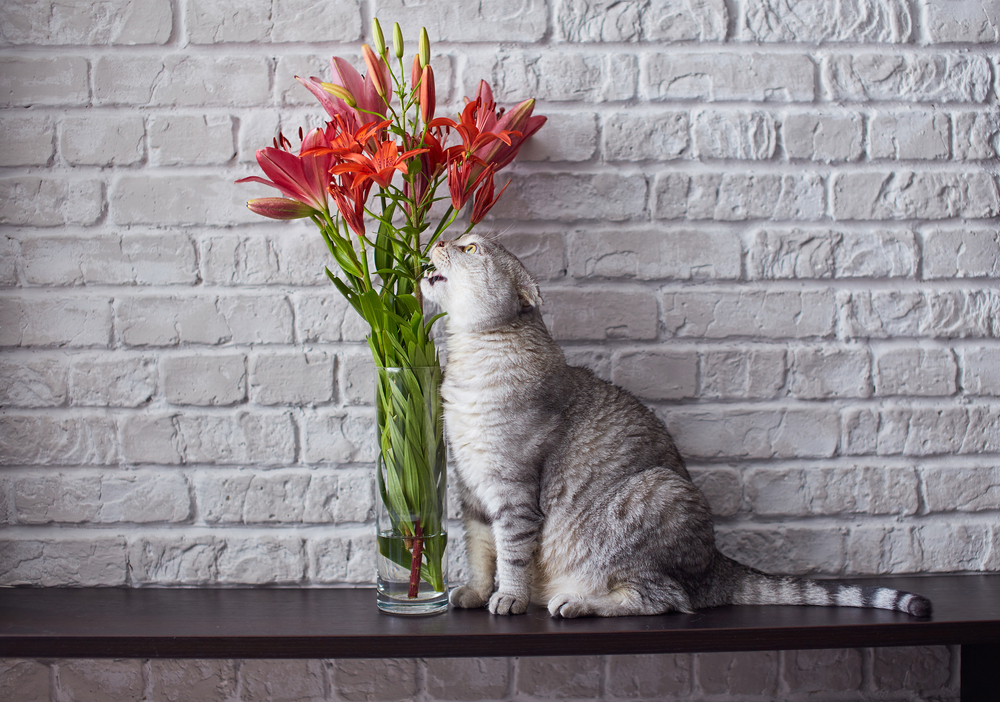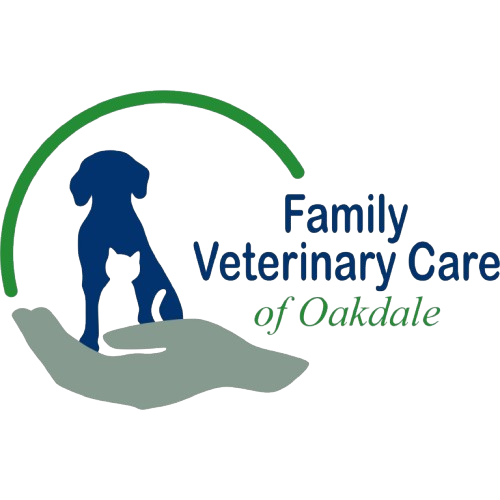Homes, garages, and yards are full of toxic substances that can harm unsuspecting pets. Some are more hazardous to cats than dogs, and vice versa. Knowing the toxins kept in your home, and how they might affect your pet, is essential for keeping pets safe. Read on to learn about some of the most common household toxins, and how they affect different species differently.
Medication toxins for pets
Medications, including human and veterinary products, are the most common toxins pets encounter. Whether a pill is dropped on the floor, a bottle is left unattended in a purse, or a pack of chewable heartworm prevention is left on the counter, pets are skilled at sniffing out forbidden “treats.” Also, owners often give their pet their own medication—prescription or over-the-counter (OTC)—for an injury or if they develop diarrhea, and pets given too much of their own medication can become ill. For example, a pet owner may give their arthritic pet who is having a particularly bad day an extra dose of pain medication, but this can affect them adversely. Prevent toxicity in your pet by always giving the prescribed dose of their specific medication, and contacting your veterinarian before changing or adding any medications.
Some of the most common medications that lead to toxicity in pets include:
- Aspirin
- Ibuprofen
- Naproxen
- Acetaminophen
- Cardiac medications
- ADHD medications
- Antidepressants
- Prescription painkillers
- Vitamins
- Chewable supplements
- Parasite preventives
Cats are extremely sensitive to acetaminophen, the drug in Tylenol, and can develop muddy-brown mucous membranes, rapid heart and respiratory rates, weakness, and swelling in the face, paws, and forelimbs. Acetaminophen ingestion decreases the red blood cells’ ability to carry oxygen, and can also cause liver failure. As little as a tenth of an extra-strength Tylenol tablet, or 1 milliliter of liquid children’s Tylenol, can prove fatal for an average-sized cat.
Cats are also highly sensitive to topical flea preventives, especially if a canine flea product containing permethrin is mistakenly applied. While dogs can also suffer from toxicosis if the wrong flea preventive is applied—whether the wrong dose or a low-quality brand—cats are much more likely to develop problems that, left untreated, can result in death. Flea prevention poisoning signs in cats include:
- Muscle tremors
- Stumbling
- Lethargy
- Drooling
- Itchiness
- Agitation
- Vomiting and diarrhea
- Seizures
Food toxins for pets
When your pet’s begging eyes are beseeching you for a snack, you likely find turning them down near impossible, but many foods can upset your pet’s stomach, or lead to toxicity. While dogs are much more likely to eat foods they shouldn’t, cats and dogs are susceptible to poisoning if they ingest the following foods:
- Chocolate
- Xylitol in sugar-free foods
- Caffeine products
- Alcohol
- Yeast dough
- Grapes and raisins
- Onions and garlic
Dogs can be poisoned by macadamia nuts, yet cats do not appear to be affected. Weakness that affects the hind limbs is the most common sign, but muscle tremors may be present. Other signs include depression, vomiting, incoordination, and hyperthermia.
Keep your pet safe from food toxicities by clearing your kitchen counter after use, and storing food safely in the refrigerator or pantry. Your cat probably can leap onto the fridge top or into cabinets to snag snacks, while your dog may be a champion counter-surfer who can lick the counter or dining room table clean. Packaged food in its original packaging or stored in tupperware containers can still pose a threat if your pet chews or claws the package open, so ensure all stored food is inaccessible.
Plant toxins for pets
Indoor and outdoor plants, and the chemicals that help them grow, can be highly toxic to cats and dogs. In some cases, only certain plant parts, such as the leaves or roots, are toxic, but all parts of other plants are toxic. Some of the most common toxic plants include:
- Azaleas and rhododendrons
- Chrysanthemums
- Autumn crocuses
- Pothos
- Kalanchoe
- Yew
- Sago palm
- Tulips
- Amaryllis
Cats are exceptionally sensitive to true lilies, which include the Lilium and Hemerocallis species. Asiatic lilies, daylilies, peace lilies, and lilies of the valley can cause acute kidney failure, oral pain, hypersalivation, vomiting, diarrhea, swelling in the oral cavity, cardiac dysfunction, or death. All parts of these lilies are toxic to cats, including the pollen and the vase water, so your cat needs emergency care if they are exposed to or ingest any lily part.
Protect your pet from poisonous plants by checking the ASPCA’s list of toxic plants before bringing home any blooms or greenery. Use pet-friendly fertilizers, as organic fertilizers typically contain blood, bone, or feather meal, which can be dangerous for your pet. Use herbicides and other lawn and garden products according to the label directions, which should include instructions on how long your pet needs to stay away.
If your pet comes in contact with a potentially toxic substance, call an animal poison control hotline first to determine next steps. Then, contact our Family Veterinary Care of Oakdale team to let us know you are on the way with your pet, so we can prepare for their treatment.











Leave A Comment